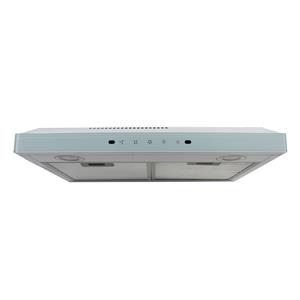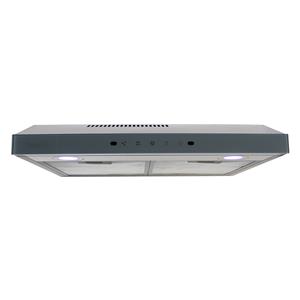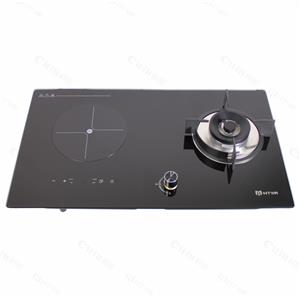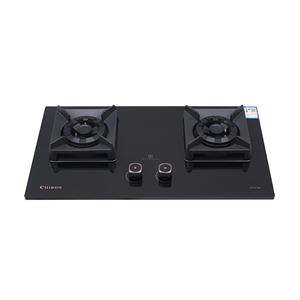How CITIN Make Range Hoods That Laugh at Ocean Storms and Coastal Kitchens
New Corrosion Testing Technology Ensures Your Appliances Survive Salt, Humidity, and Time
Imagine a range hood that doesn’t flinch after years of coastal wind, ocean mist, or industrial pollution. At CITIN, we don’t just hope for that resilience
—we engineer it. Introducing our Salt Spray Testing Lab, where gas stove components, kitchen hood housings, and electronic systems face a simulated
decade of corrosion in just 48 hours.
Why Salt Spray Testing? Because Your Kitchen Isn’t a Laboratory
Coastal and industrial environments bombard appliances with:
? Salt-Laden Air: Accelerates rust, degrades coatings, and attacks electrical components.
? Industrial Pollutants: Acidic particles etch surfaces and compromise seals.
“A CITIN kitchen hood isn’t just designed for today—it’s built for decades of exposure,” says Hu, CITIN’s Corrosion Testing Lead. “Our salt spray
chamber doesn’t test to standards; it tests to real-world harshness.”
Inside the CITIN Salt Spray Chamber: 48 Hours = 10 Years
? Step 1: Precision Parameter Setting
Salt Concentration: 5% NaCl (mimicking ocean spray).
Temperature: 35°C (accelerating chemical reactions).
Duration: 48–96 hours (equivalent to 10–15 years of coastal service).
⚙️ Step 2: Component-Specific Testing
For Gas Stove Burners: Tested for ignition reliability post-exposure.
For Range Hood Motors: Validated against salt-induced short circuits.
For Stainless Steel Surfaces: Checked for pitting, discoloration, or coating peel.
? Step 3: Real-Time Monitoring
Sensors track:
Corrosion Rate: Micron-level coating degradation.
Electrical Integrity: Circuit resistance under salt load.
Mechanical Function: Fan rotation, hinge movement, knob responsiveness.
✅ Step 4: Post-Test Validation
Components must pass:
Performance Stability: No loss in gas stove flame consistency or range hood suction power.
Aesthetic Integrity: No visible corrosion or finish damage.
CITIN Technology in Action: The Gas Stove That Withheld a Hurricane
In a recent test, CITIN’s gas stove burner modules endured:
64 hours of continuous salt spray.
0 flame instability or ignition failures.
0 cosmetic degradation on coated surfaces.
Key Innovation: Ceramic-coated ignition pins and 316-grade stainless steel ensure immunity to salt-driven decay.
What This Means for You
?️ Coastal Ready: Install CITIN kitchen hoods and gas stoves in beach houses or seaside restaurants without fear.
? Zero Corrosion Costs: Avoid replacements, repairs, or surface refinishing due to rust.
? Proven Resilience: Every product ships with a corrosion-resistance certificate.
See the Salt Storm Simulation
Watch our video to witness CITIN components facing the salt spray chamber:
From mist-filled tanks to post-test inspections—we show why CITIN survives where others fail.
CITIN’s Promise: No Rust, No Retreat, No Regrets
“We don’t just design appliances; we design peace of mind,” says Henry, CITIN CEO. “Whether you’re wok-frying by the ocean or baking in an
industrial city, CITIN won’t let salt or pollution cut your kitchen’s lifespan short.”
About CITIN
CITIN builds range hoods, gas stoves, and kitchen hoods for the world’s harshest environments. With labs in Guangzhou and Hamburg, we merge
material science with intelligent engineering to serve 4 million+ homes and businesses.




